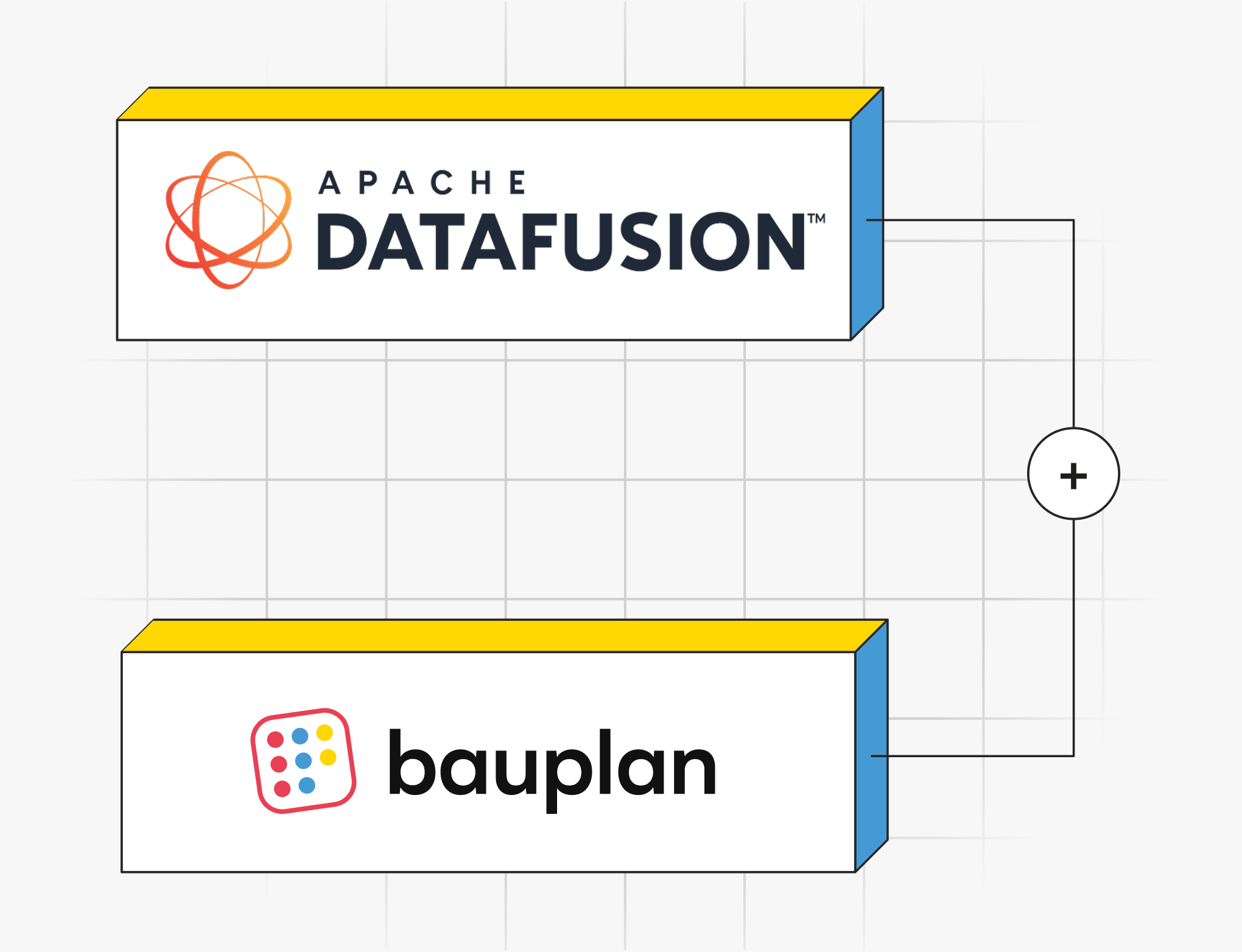RCL is a domain-specific language for generating configuration files and querying json documents. It extends json into a simple, gradually typed, functional programming language that resembles Python and Nix.
Connect anything
Generate json, yaml, toml, or other text-based configuration for tools that do not natively talk to each other, all from a single source of truth.
Remove repetition
Stop copy-pasting. Use variables, loops, imports, and functions to avoid duplication. Bump ubuntu-20.04 to 24.04 in one place.
Fight complexity, not tools
Spend time building your infrastructure, not debugging whitespace and escaping issues in your string templates. Generate correct yaml, json, and toml.
Familiar syntax
Have you used Python, TypeScript or Rust before? Then you will find RCL obvious to read and natural to write.
Built-in json queries
Need to drill down into a json document, but can’t figure out the jq syntax? Try rcl query instead. Scroll down for an example.
Python module
You can always export json from the command line and load it into your program. For Python we can skip that intermediate stage: rcl.loads is a drop-in replacement for json.loads.
Try it yourself
Suppose we run a webserver that serves both www.example.com and docs.example.com. We have to create two very similar DNS records pointing to that server’s address. One way to manage those is with Terraform/OpenTofu. The output below is a simplified form of a json config that defines the records.
rcl evaluate --format=json
input
{ let tld = "com"; for subdomain in ["docs", "www"]: f"a_record_{subdomain}_example_{tld}": { domain = "example.com", name = subdomain, type = "A", value = "93.184.216.34", } } { let tld = "com"; // for tld in ["com", "net"]: for subdomain in ["docs", "www"]: f"a_record_{subdomain}_example_{tld}": { domain = "example.com", name = subdomain, type = "A", value = "93.184.216.34", } }output
{ "a_record_docs_example_com": { "domain": "example.com", "name": "docs", "type": "A", "value": "93.184.216.34" }, "a_record_www_example_com": { "domain": "example.com", "name": "www", "type": "A", "value": "93.184.216.34" } }The input above is editable. How would you change it to emit records for www.example.net and docs.example.net in addition to example.com? Try uncommenting the tld loop.
Intuitive json queries
Suppose a cloud provider has an API that returns the regions it supports, and you want to know the details of the region with id nrt. Below is a query that does this.
https://api.vultr.com/v2/regions
| rcl query
input.regions.key_by(r => r.id).nrt
{ city = "Tokyo", continent = "Asia", country = "JP", id = "nrt", options = [ "ddos_protection", "block_storage_high_perf", "block_storage_storage_opt", "load_balancers", "kubernetes", ], }
The above query is editable. Can you change the query to return the ids of all regions where the block_storage_high_perf option is available? Some ideas to get you started:
- Change the query to just input. What does the input look like?
- Wrap input.regions in a list comprehension.
- Use if to filter elements.
- Use the List.contains method to check whether a list contains a particular element.
- Alternatively, try the map and filter methods.
Installation
RCL is written in Rust and has few dependencies, so it is quick and easy to build from source with Cargo.
$
git clone https://github.com/ruuda/rcl && cd rcl
$
cargo build --release
$
target/release/rcl --help
Alternatively, prebuilt binaries are available on GitHub. See the manual for more installation methods.
Free & open source
RCL is free/libre software, licensed under the Apache 2.0 license. The project is developed in the open and the source code is available on GitHub and Codeberg.
Status
RCL is a hobby project without stability promise. It is usable and useful, well-tested, and well-documented, but also still experimental, and it may have breaking changes. Syntax highlighting is available for major editors like Vim, Emacs, Helix, and Zed.
Support RCL
One thing that holds RCL back from being useful to more people is the lack of widespread support for syntax highlighting, in particular on platforms such as GitHub. If RCL is useful to you, you can help by using RCL publicly in a GitHub repository to demonstrate traction. Use it seriously of course, please don’t game the metric. Other things you can help with are getting RCL packaged for your favorite package manager, and developing syntax highlighting for your favorite editor if it is not yet supported.
.png)




